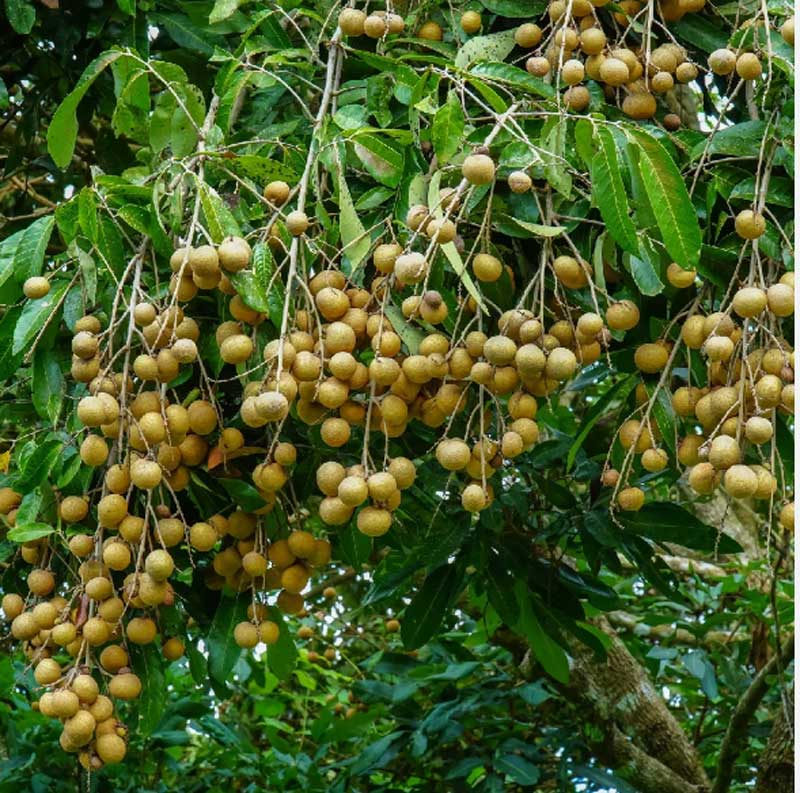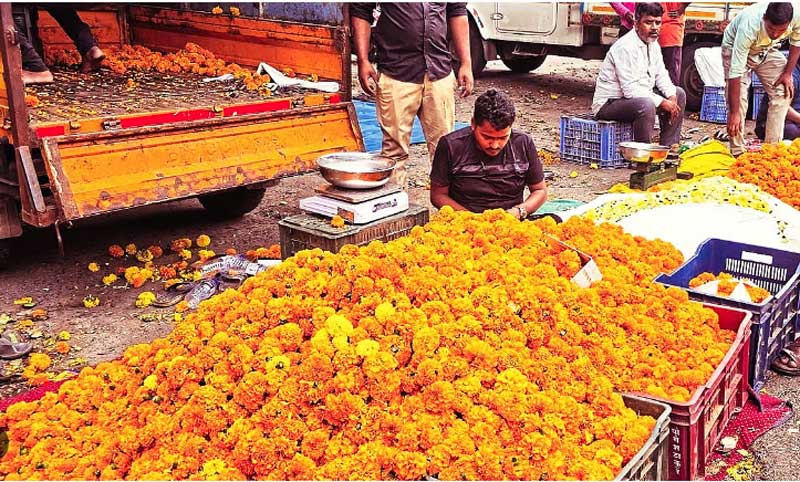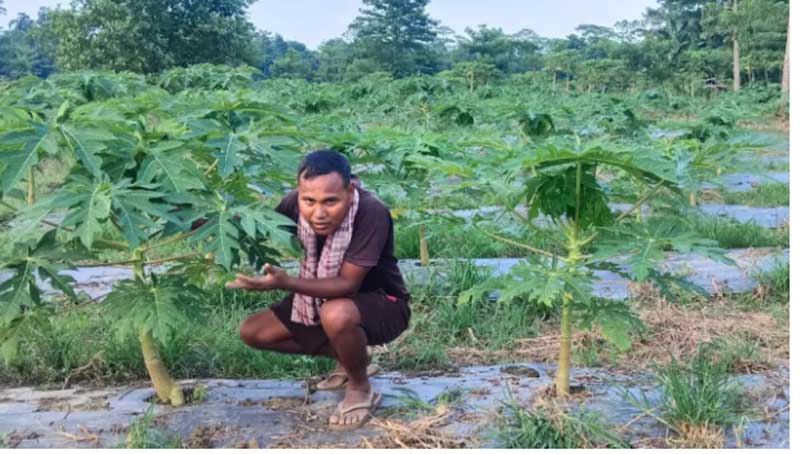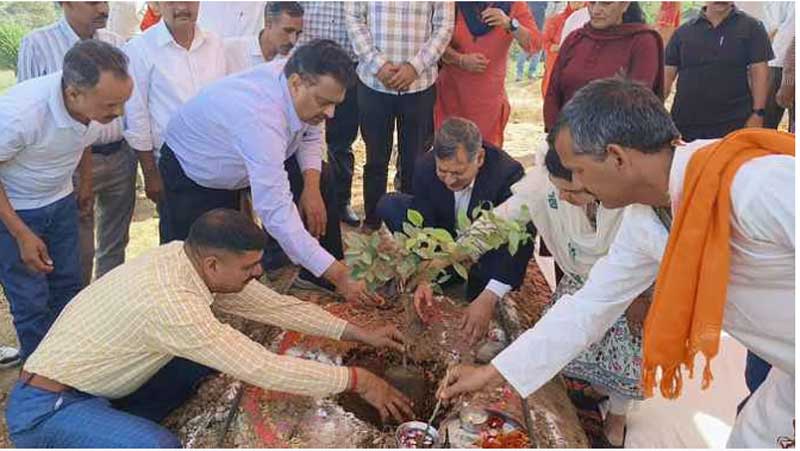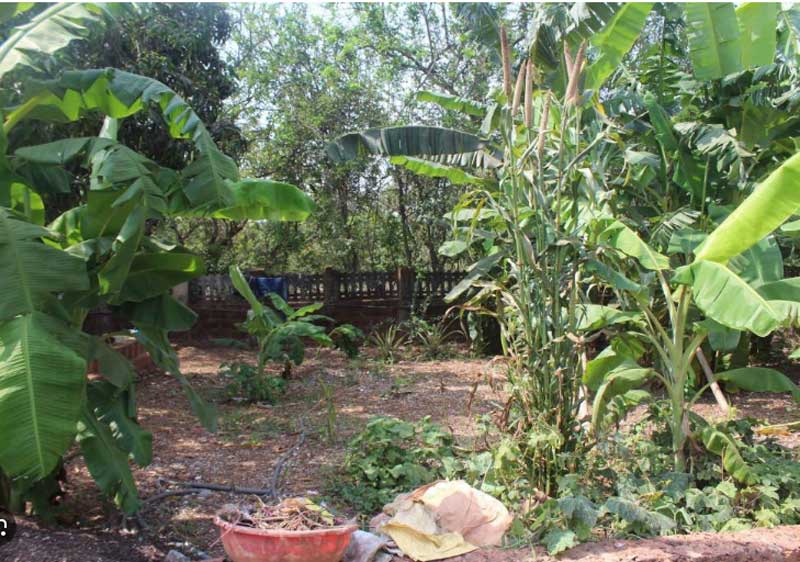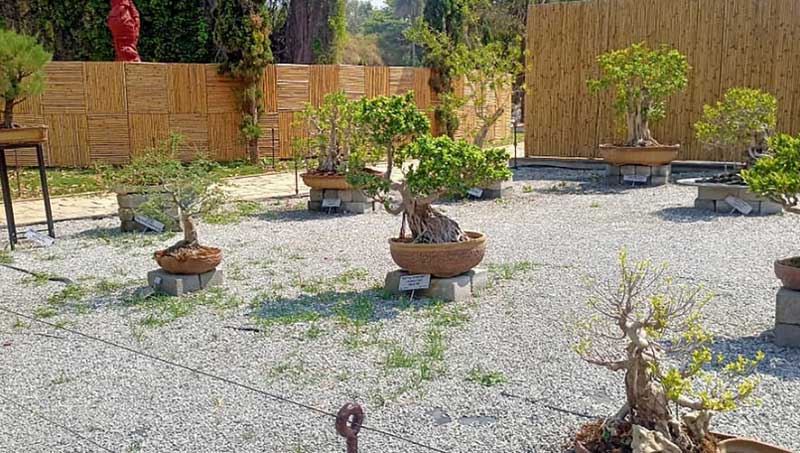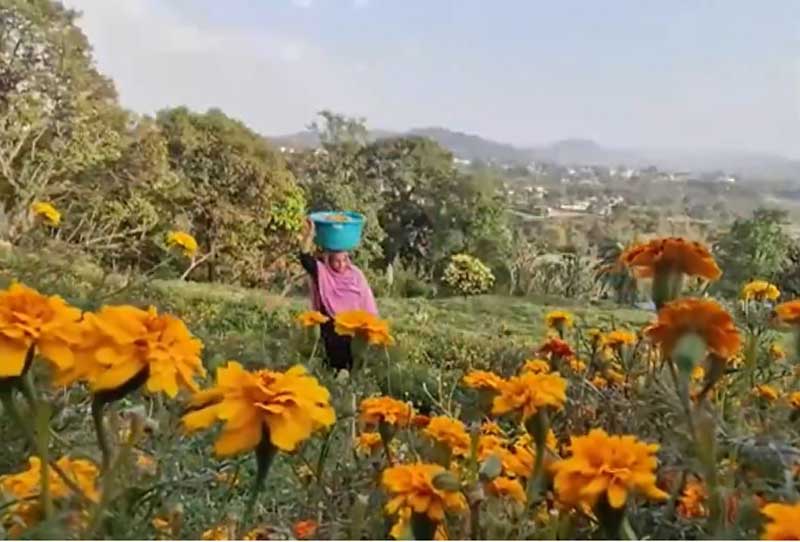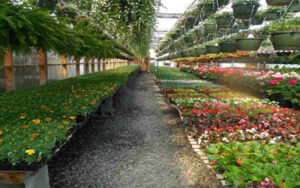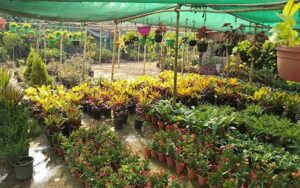Sikkim becomes “World’s first organic state”, implements 100% organic policy
Nursery Today Desk
New Delhi. World Book of Records London has recognized Sikkim as the “World’s first organic state”. This implies that the state has become the first in the world to implement a 100% organic policy. The citation reads, “Sikkim state (India) has been included for being the first organic state in the world and crime-free state with the best governance.” For this immense success, Sikkim has also been awarded the Oscar Award for Best Policies by the United States.
Sikkim is setting an unique example of a sustainable agriculture method with its astonishing growth in popularity and success over time. 16% of the GDP is contributed by organic farming, which employs about 65% of the workforce. Sikkim’s farmers cultivate their lands in harmony with nature by abandoning modern pesticides and embracing traditional farming methods.
Healthy crops and better income for farmers are the result of perfect surrounding for eco-friendly cultivation provided by the region’s abundant biodiversity. In addition to providing consumers with wholesome, pesticide-free vegetables, this all-encompassing strategy also protects the environment for future generations. Sikkim has thereby distinguished itself as India’s first entirely organic state, encouraging others to follow suit.
Why did Sikkim adopt Organic Farming?
- Traditional chemical-intensive farming methods have put the state’s sensitive ecosystem, which has diverse range of flora, at danger. Switching to organic farming has to reduce chemical pollution and preserve biodiversity.
- Adopting Chemical-free vegetables produced by organic farming are healthier and safer for both farmers and consumers. Produce from Sikkim became more nutrient-rich and free of toxic residues by avoiding the use of synthetic pesticides and fertilizers.
- By using natural pest management techniques, crop rotation, and composting, organic farming practices improve the fertility and health of the soil. The region’s agriculture is guaranteed long-term viability thanks to this sustainable strategy.
- The farming community of Sikkim have a long history of using conventional and organic agricultural methods. They were able to re-establish contact with their cultural history and traditional wisdom by adopting organic farming. The fact that farmers in the state of Sikkim have always practiced organic farming is another important factor in the decision to adopt and develop the organic farming method.
- The promotion of organic farming was greatly helped by the Sikkimi Government. In order to persuade farmers to make the shift, it offered cash incentives and training programs.
- Due to the low yield of cultivation in Sikkim under rain fed conditions and the discovery that around 15, 000 hectares of cardamom were unfertilized, a significant transformation was necessary.
Also Read: Through multiple initiatives, government seeks to develop forests in metropolitan areas

